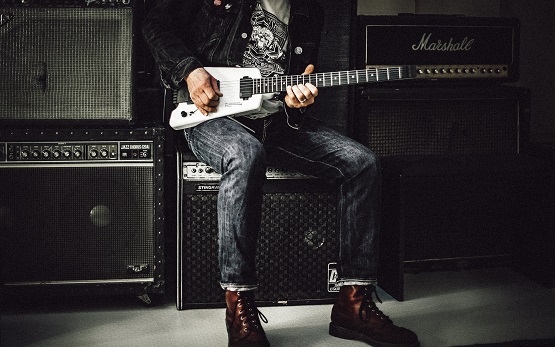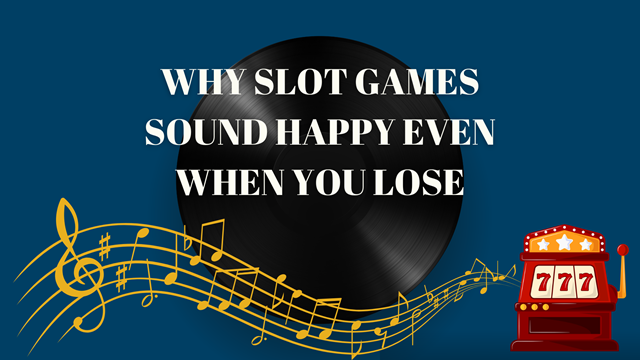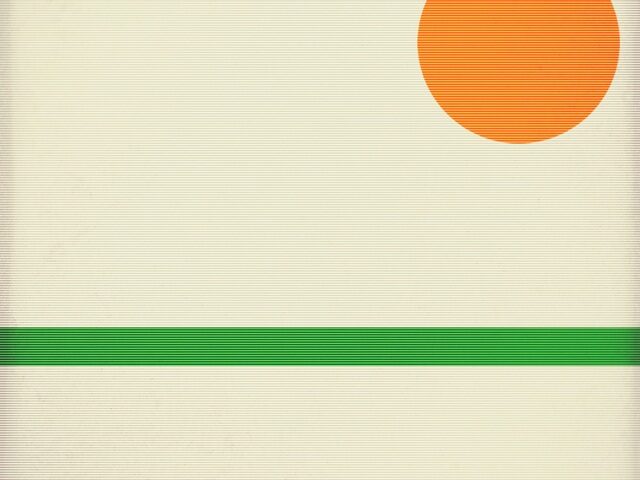Becoming a musician definitely feels like fulfilling a lifelong dream. You get to do what you love, go on tours, play at concerts and interact with some awesome fans. But like everything in life, there are a few downsides tied to being a musician. The most obvious one being the potential damage it can do to your hearing. With constant exposure to sound, musicians are at an obvious risk of ruining their hearing. Here are a few safety tips that you should follow:
Invest in Special Ear Plugs
Now that you’re a hardcore musician, it’s time you invest in yourself the right way. Get yourself a pair of ear plugs that are specially designed for musicians. This will protect your ears the next time you’re performing live or jamming in your studio. We recommend you get your hands on some quality in ear monitors for better sound and safety.
Using earplugs will greatly reduce the risks of developing hearing problems such as tinnitus. Also, use in ear monitors while rehearsing. That way, you’ll only be listening to the monitor mix.

Gain Awareness
Music-induced hearing loss, commonly known as MIHL is real. Excessive exposure to instruments such as drums, violins and guitars can take a toll on your hearing. Before you take any precautionary measures, make sure to gain awareness about the problem first. Read up on the risks and symptoms of working in this particular industry.
We also suggest you get your hearing checked on a regular basis. Identify symptoms that may serve as a red flag. For instance, if you’re having trouble understanding people when they speak or on the phone then you should definitely get your ears checked. Gaining awareness will equip you with the knowledge to take action immediately.
Stand Away From The Speakers
There’s no way around this – if you directly stand next to loud speakers, your ears could withstand some serious damage. Stand sideways from the speakers while performing. Taking breaks between your jamming sessions would also do your ears some good. It’s all about limiting exposure as much as possible, though we understand how that might seem difficult for you as a full-time musician.
Try making a schedule and then stick to it.
Turn Down the Music When It’s Too Loud
Music is meant to be enjoyed, it shouldn’t tear down your ear drums. Here’s how to determine if the volume is too loud:
- You have to yell to communicate with others
- You unable to hear someone who’s only standing three feet away from you
- Ring ears – this is an indicator of excessive sound
If you’re experiencing any or all of the above, turn down the music! We also recommend you use an app to measure the volume of sound. If it’s higher than 85dB, you know what to do.
We understand how it may not always be possible to take these precautions especially if you regularly play music. However, gradually inculcating these habits in your life are crucial for protecting your ears.





